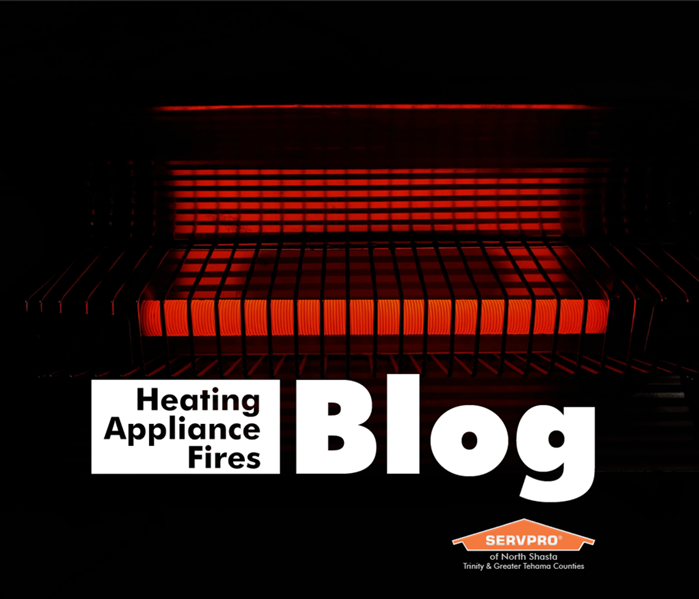Heating Appliance Fires
2/3/2021 (Permalink)
According to the NFPA, there are approximately 45,000 home electrical fires a year, many of which are caused by a heating appliance. Often it is the little things we forget or miss that become the culprit of such a painful situation as fire damage. Although we enjoy helping others out of hard situations and providing them hope, our desire would be that no one would have to endure hardship such as fire damage to their home or business. Here are some tips to avoid an electrical fire with your heating appliance this winter.
No extension cords
Extension cords can be very problematic with heating appliances. Extension cords can only handle a certain current, and heating appliances are typically higher than what they can handle. This can cause the cord to overheat or overload the circuit. Also, extension cords create a tripping hazard that may lead to the heating appliance falling over.
3-foot distance
Many of our household items contain flammable materials. When left unattended or not thought about, these items that are too close to heating appliances can catch on fire. It is best to keep items three feet away from the heating appliance and be sure to regularly check the area your heating appliance is being used.
One plug in the wall outlet
Coffee makers, toasters, and most appliances with heating elements typically require a large amount of electricity. Plugging them in with a space heater can cause the wires to get too hot or lead to a shortage in the electrical. Some ways you can tell whether you are overloading your wall outlet include flickering lights, wall plates that have become discolored, and circuit breakers that are tripped frequently. For more info on how to tell if you are overloading your wall outlet check out the ESFI website.
If you have experienced fire damage in your home, don’t hesitate to contact us, we would love to help!





 24/7 Emergency Service
24/7 Emergency Service
